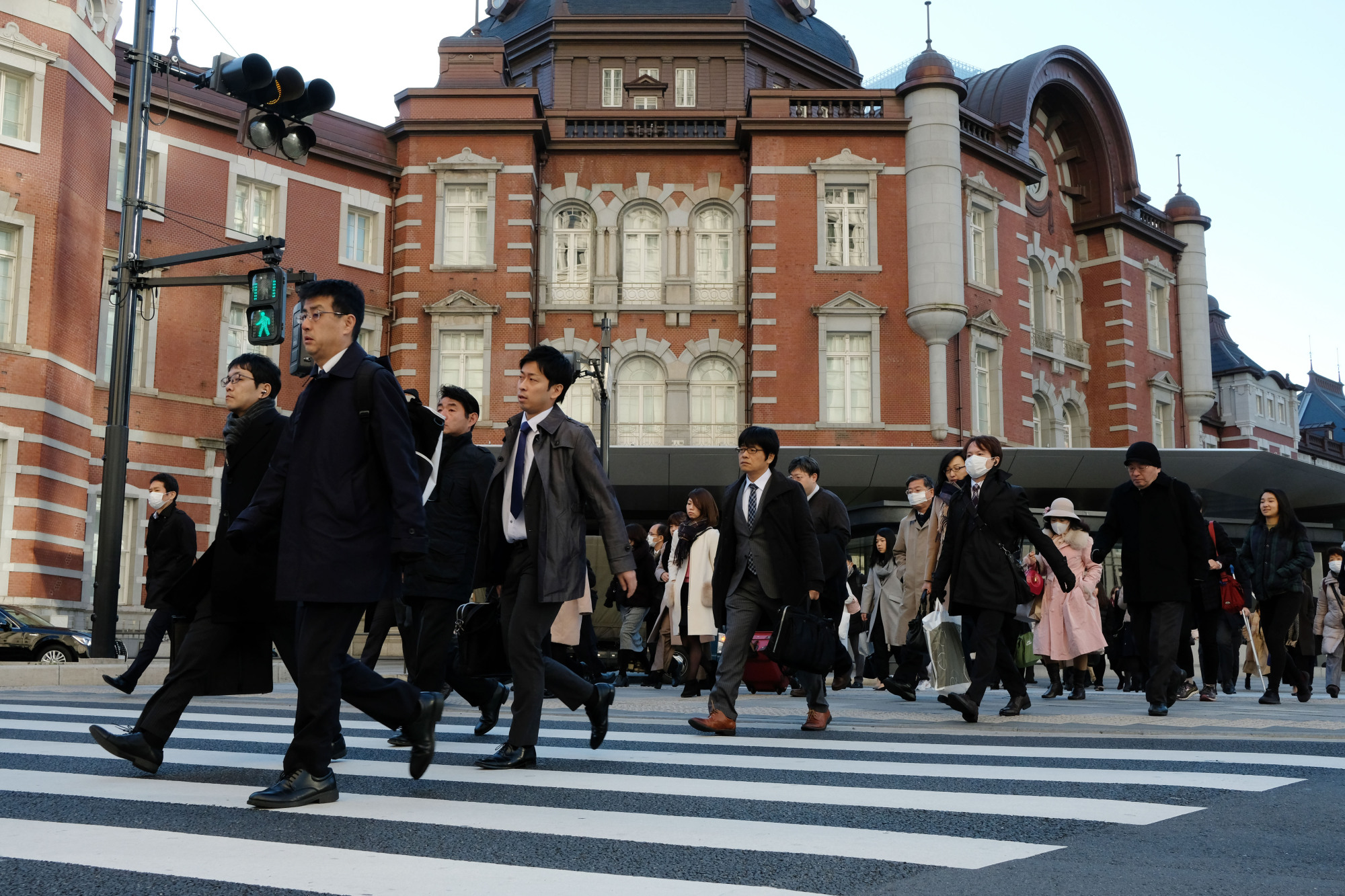The lifetime employment system is no longer sustainable, Hiroaki Nakanishi, chairman of Keidanren (the Japan Business Federation) told a news conference last month when the top business lobby's new recruiting guidelines for college graduates were announced. Nakanishi's comment has made waves throughout the Japanese business community, raising anxiety among white-collar workers, otherwise known as salarymen. The truth is the lifetime employment system was not sustainable for much of the just-ended Heisei Era.
A majority of companies and business leaders have been facing the limitations of the traditional employment policies for years. Now that the mighty Keidanren chief has publicly acknowledged this inconvenient truth, can the rest of Japan come out of its state of denial and change gears, accelerate and catch up with the rest of the world? And is the government ready to implement labor polices appropriately modernized to match the new Reiwa Era?
The notion of salaryman with unshakable loyalty to his company that provides lifetime employment security evolved with Japan's impressive postwar economic growth during the Showa Era. But this narrative started to change during the deflation-plagued Heisei years, when the costs of maintaining loyal salarymen began to outweigh the benefits of owning a stable and predictable labor force.


















With your current subscription plan you can comment on stories. However, before writing your first comment, please create a display name in the Profile section of your subscriber account page.